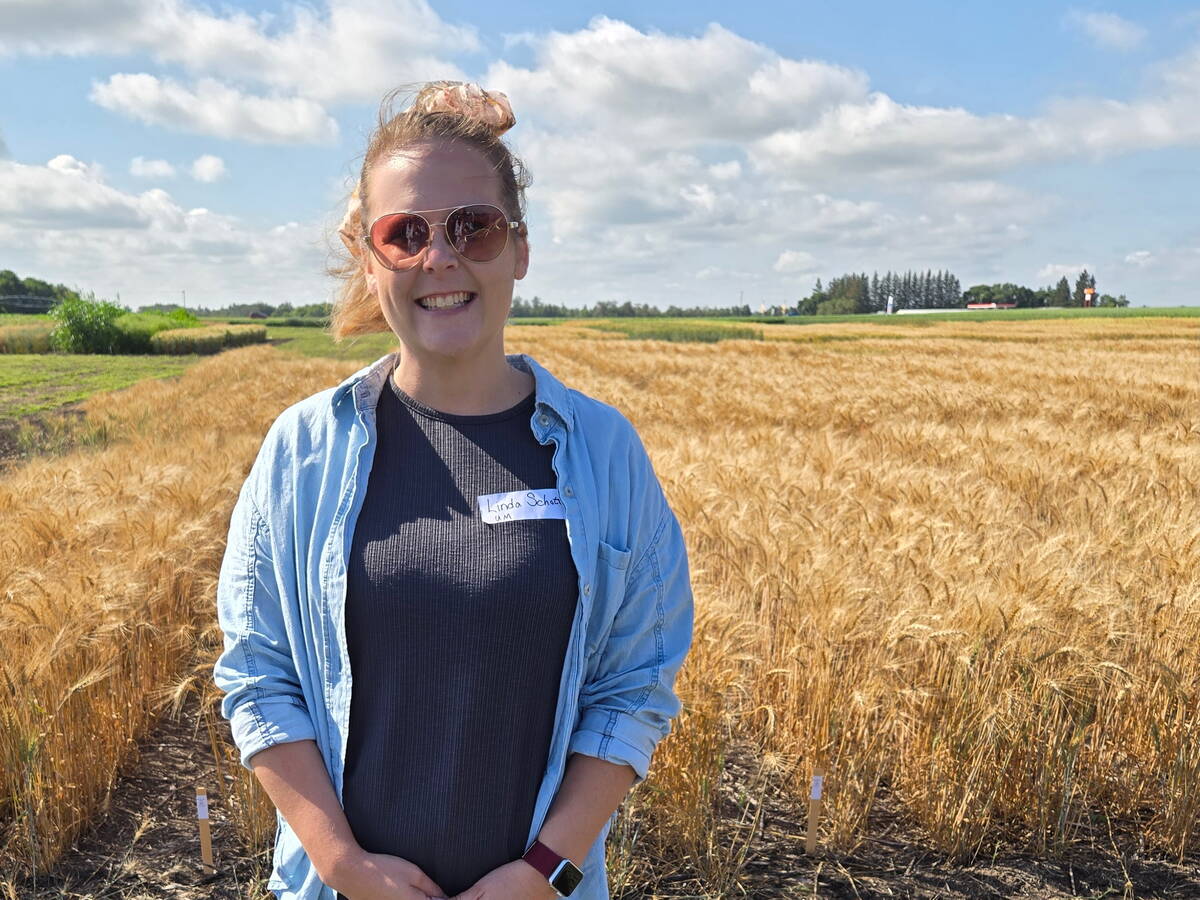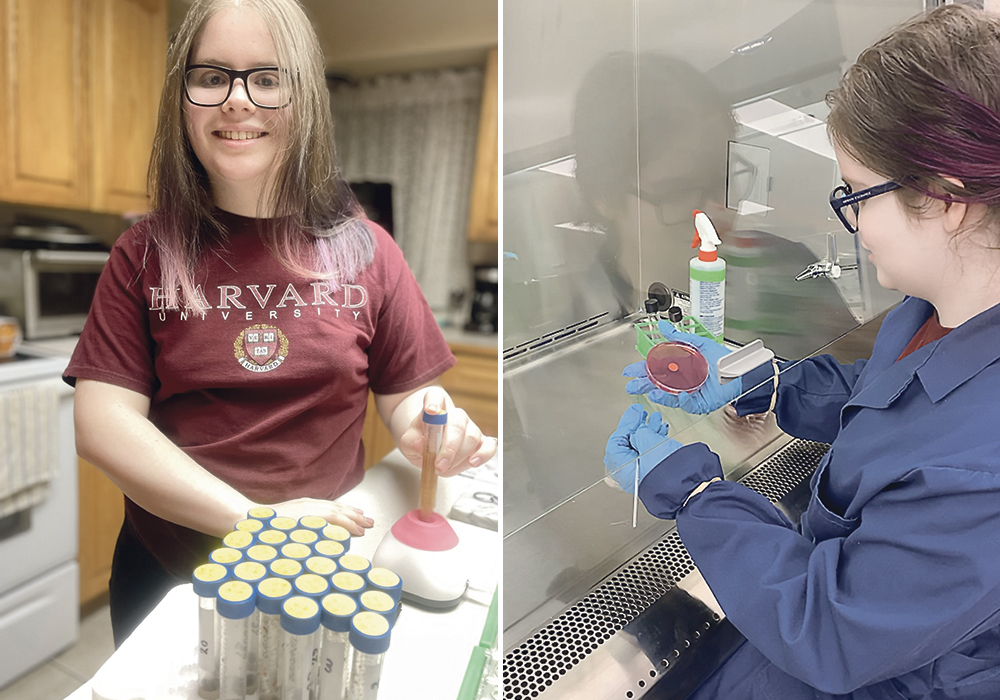The Canadian Acoustical Association Award is awarded for an outstanding senior project related to acoustics, the science of sound.
The award recognizes projects that help food security, sustainability or competitiveness in agriculture, fisheries or production.
“For my science fair project, I wanted to test if white noise or classical music could reduce stress in newly hatched chickens,” said Mac Dykeman. “My results found that classical music does reduce stress in the newly hatched chickens but white noise doesn’t seem to have any effect.”
Dykeman had three different brooding facilities set up for her experiment. One brooder was normal conditions, one had white noise and one played classical music. She weighed the birds every 12 hours for seven days and repeated the experiment three times.
Read Also

University of Manitoba hires potato researcher
A new research chair position at the University of Manitoba will tackle sustainability in the potato industry.
She used the weight measurements along with eye temperature readings and fecal matter samples to determine the stress levels of the chicks. According to her research, the growth rate, eye temperature, and stress hormone levels in the fecal matter translate to the stress levels of the chick.
Kwantlen Polytechnic University — Langley Campus welcomed Dykeman into their lab to do the fecal hormone extraction that was crucial to her experiment, which the lab supervisor and some grad students in the lab, helped her grasp the technology.
“It was amazing,” said Dykeman. “It was amazing to get to develop some of those lab skills I have an interest in because I’d like to pursue a degree in science when I go to university.”
After three weeks of testing the chicks and a couple more weeks in the lab, she reached the conclusion that classical music reduces the stress levels of newborn chicks.
“When I went into the project, I didn’t have too many expectations,” said Dykeman, “it was possible that playing white noise or classical music would just do nothing at all.”
“I was actually quite surprised when I started putting the weight data into Excel and seeing what their growth rate was, it was like wait, there’s actually a difference here! I was very excited.”
Dykeman handles chickens and various other poultry types on her family’s specialty poultry farm near Langley, where they handle various breeds of chicken, ducks and turkeys.
Since her experiment has proven classical music is effective, she believes there might be use for the information.
“I talked to my family about it on our family farm,” said Dykeman, “I think we should definitely use it because obviously it has some positive effect on reducing their stress levels. Any way to improve animal welfare I think we should jump right on that.”
“There was some previous research that suggested it might do something, but actually seeing it happen in front of me, the data was very exciting to think it exceeded my expectations.”
Dykeman attended the Canada-Wide Science Fair with fellow 4-H members Mark Norregaard from Balzac, Alta., and Alexandra O’Connor from Vibank, Sask. The event was held online and hosted by the University of New Brunswick, Fredericton campus.















